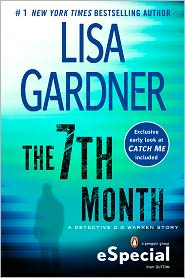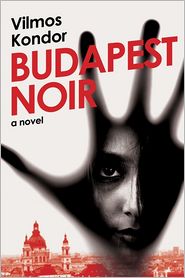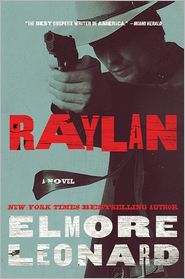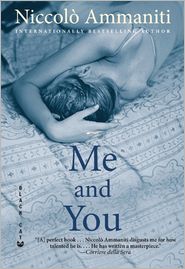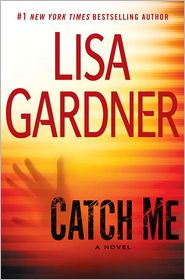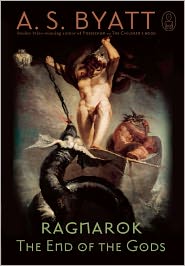Oh, turn off this light!
What good does it do to the night?
The day has passed and that’s enough.
Who knows if not my sleep
Around the corner lurks,
And if it misses its chance,
The one I await, to come.
I have my soul in my teeth
The sobs have left
My breasts weary.
Take the light! The time has come
To stand alone at last.
Of this travesty of a life I’ve had enough.
And every effort on my behalf is yet an enemy
To fight before my final battle.
Oh, let all the sighs subside.
Let there be something for me with which
I can fool the night
So that is can stoop with added warmth
Over my restless eye.
Take the light! This is the moment!
I want it all for mine.
The time has come to go to sleep.
Take the light! It tortures me…
My soul is what to me it cold-heartedly denies.
© For the translation: Lakis Fourouklas
What good does it do to the night?
The day has passed and that’s enough.
Who knows if not my sleep
Around the corner lurks,
And if it misses its chance,
The one I await, to come.
I have my soul in my teeth
The sobs have left
My breasts weary.
Take the light! The time has come
To stand alone at last.
Of this travesty of a life I’ve had enough.
And every effort on my behalf is yet an enemy
To fight before my final battle.
Oh, let all the sighs subside.
Let there be something for me with which
I can fool the night
So that is can stoop with added warmth
Over my restless eye.
Take the light! This is the moment!
I want it all for mine.
The time has come to go to sleep.
Take the light! It tortures me…
My soul is what to me it cold-heartedly denies.
© For the translation: Lakis Fourouklas


